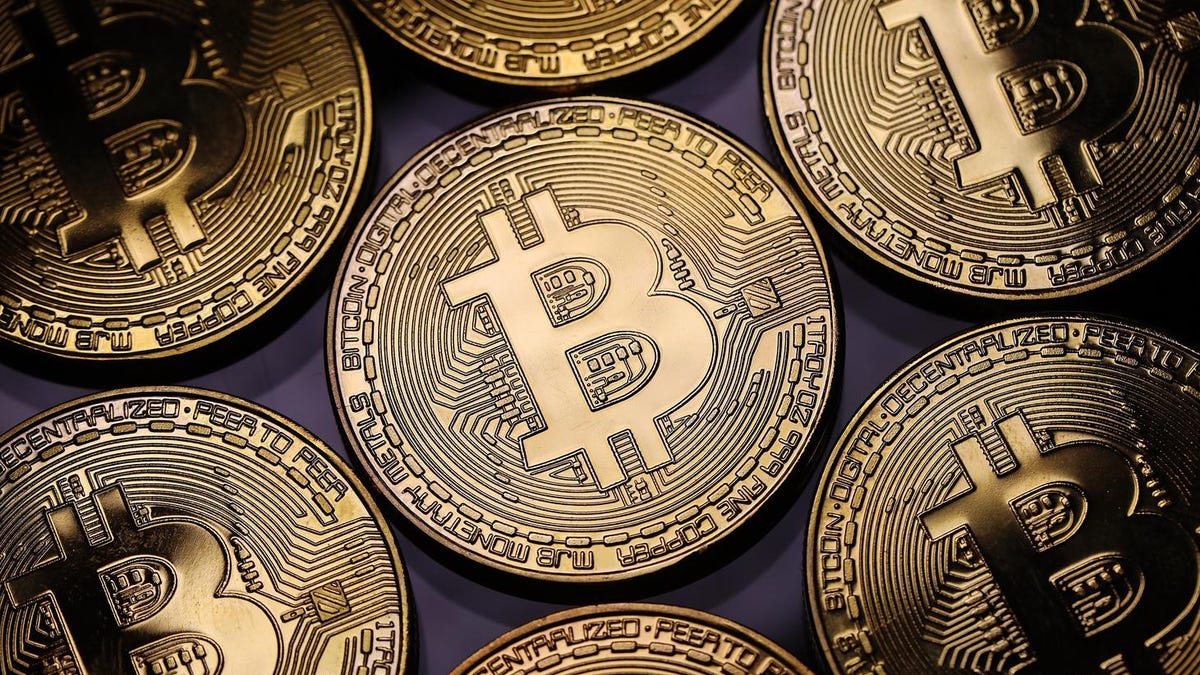
There is a common misconception that bitcoin users who are new to the market are often western traders obsessed with bitcoin’s price. The bitcoin adoption rate has grown faster in Africa than any other region over the past few years. In countries such as Nigeria and Kenya, bitcoin is gaining popularity. However, many African refugees turn to bitcoin for cross-border assistance when other tools fail. This is what is happening with refugees fleeing Eritrea. Meron Estefanos, an Eritrean journalist who is also a human rights activist, told me that bitcoin is a valuable tool for her efforts to rescue Eritreans fleeing from Eritrea.
Every month, more than 5 000 Eritreans leave the country for Ethiopia, Sudan, or the trail to Europe via the Saharan Desert. The unluckiest are either killed along the way, or sold into slavery, in Libya. Tens of thousands are trapped in conflict and are attacked by various factions, such as the Eritrean army and Tigrayan troops.
Estefanos is also the founder and CEO of the International Commission on Eritrean Refugees. She told me that many years ago, refugees kidnapped from human traffickers started contacting her to pay their ransoms. She was inspired to create the diaspora-based nonprofit to rescue Eritrean refugees who have been victim to human traffickers. These rescue efforts are made more difficult by the surveillance system of the Eritrean government.
“As an activist, my interactions with people from all walks of the world, including researchers, sources, and those I help, are very important. Estefanos stated that sending and receiving money can cause people to lose their lives. Transactions via traditional remittance and banking services as well as the bank system are all recorded. The recipient could be charged with being a foreign merchant and sent to prison.
Estefanos saw bitcoin as a great way to help refugees. Especially those who couldn’t use government-issued identifications to send money through traditional remittance system, Estefanos considered it a brilliant solution. Her bitcoin-savvy company allows her to help families send funds to their loved ones to save them from further repression by the Eritrean government.
Bitcoin transactions can be traced. Every transaction is permanent and transparently documented. However, it’s possible to send bitcoin without any third-party crypto exchange. This adds an extra layer of privacy.
African users can rely on many platforms that don’t collect or store user information. This allows them to send funds faster using the Lightning Network than with banks. The International Commission on Eritrean Refugees now offers bitcoin education to East African refugee communities. Estefanos explained to me that the next step will be developing bitcoin mining operations for rural areas using renewable energy. She expressed her hope that her non-profit will be able increase its impact and help more refugees in dire need.
Although this refugee rescue operation is still small and serves a few dozen people, rather than thousands of people, it is not alone in spreading bitcoin education across Africa. Operations like Bitcoin Mountain (Cameroon) and Bitcoin Daa in Kenya, both of which began and increased their operations in 2022, demonstrate that grassroots initiatives will drive the rapid growth of bitcoin adoption across Africa, regardless of the global bear market.
